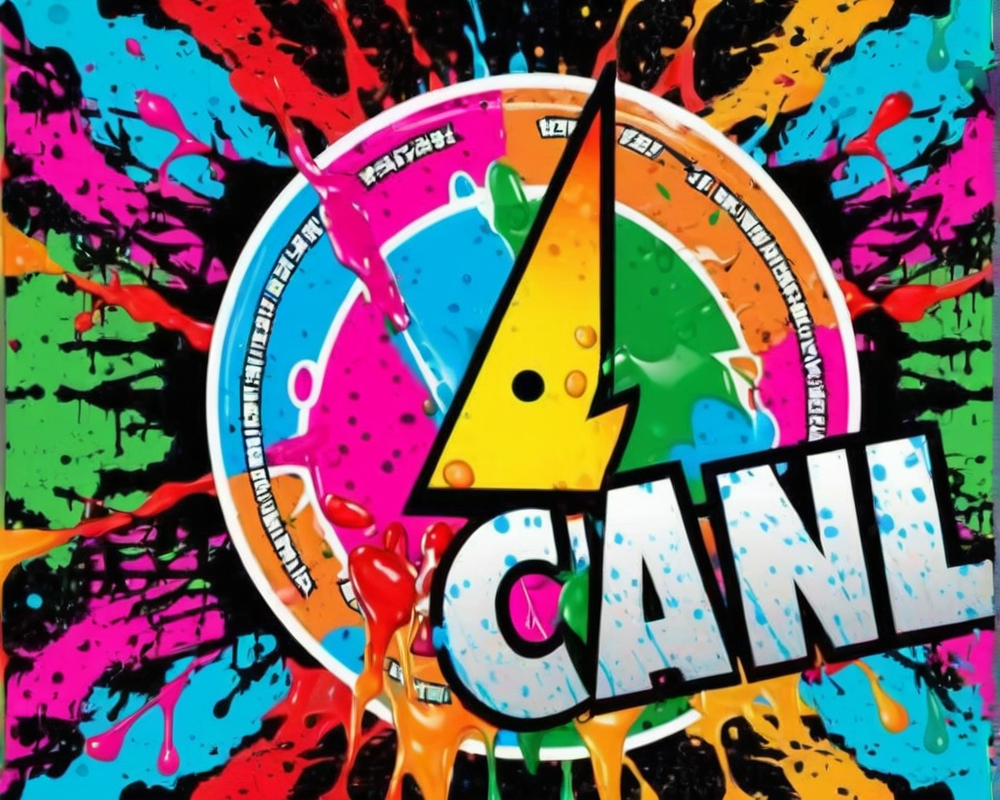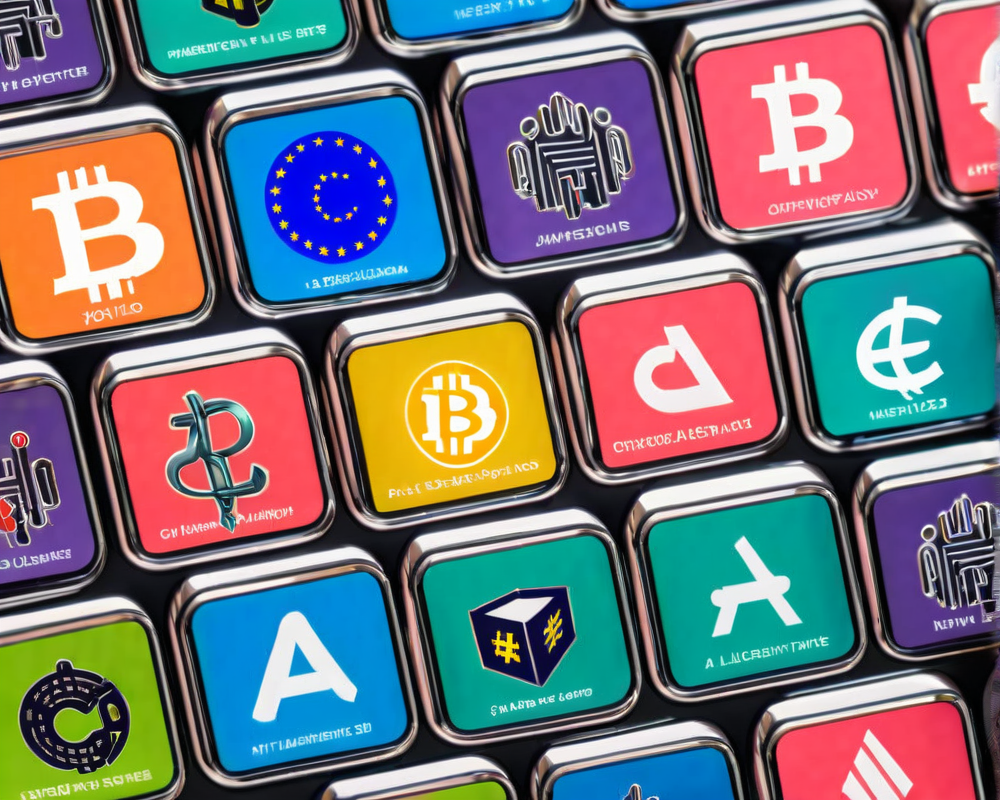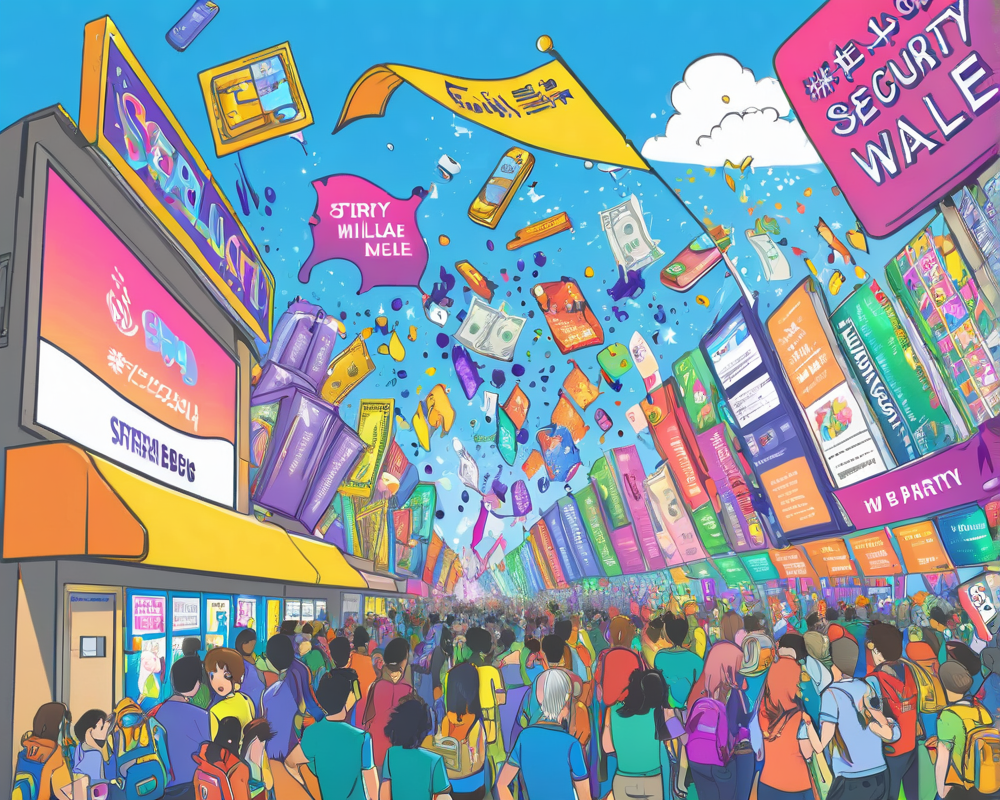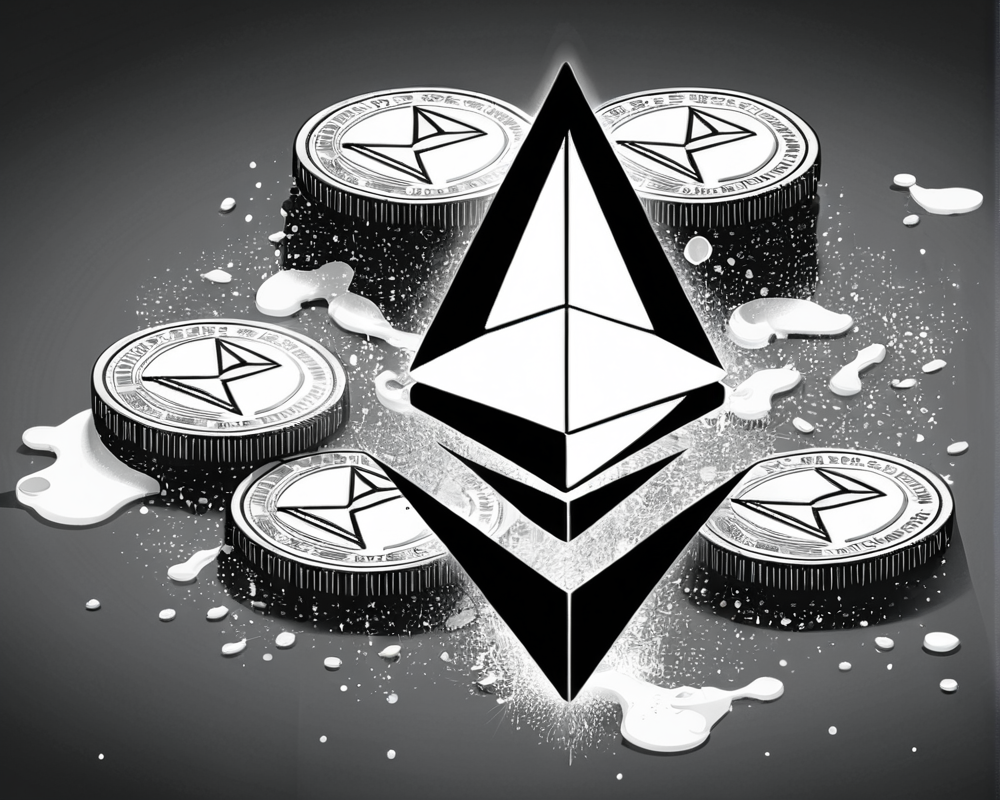Understanding the ‘Can’t Be Evil’ Licenses
Venture capital powerhouse a16z, known for its knack for spotting revolutionary tech trends, has jumped into the NFT (Non-Fungible Token) arena with a clever spin. Enter the ‘Can’t Be Evil’ licenses, crafted to demystify NFT ownership much like the beloved Creative Commons licenses have done for other types of creative works. Imagine a world where you actually know what rights you have when you buy that funky digital cat or a pixelated goblin!
Why the Need for Clarity?
A quick look around the NFT marketplace shows that many creators either confuse buyers with vague wording or completely skip licensing altogether. Can you believe it? In a landscape as chaotic as this, confusion reigns supreme! The folks at a16z noticed that many NFT projects lack clear licenses, leading to frustrations and potential legal headaches for unwitting collectors who have no idea if they can display, share, or sell their art.
The Goals of the New Licensing Framework
So, what’s the deal with a16z’s new licenses? They came up with three main ambitions:
- Protecting Intellectual Property: Helps creators to either safeguard their IP or decide to share it freely.
- Defining Holders’ Rights: Grants NFT owners irrefutable rights that are easily understandable, which means no more guesswork!
- Community and Economic Growth: Fosters creativity and economic opportunities with clarity and mutual respect in the IP ecosystem.
The Anatomy of the Licenses
The ‘Can’t Be Evil’ licenses aren’t just stickers you slap onto your NFT; they provide comprehensive rules across multiple categories:
- Copy: Can users duplicate your digital masterpiece?
- Display & Distribute: How and where can your NFT be shown off?
- Hate Speech Revocation: Can the NFT be pulled if it’s associated with offensive content?
- Commercial Use: Are buyers allowed to monetize their art?
- Modify & Adapt: Can someone remix your work?
- Sublicense: Can owners pass on their rights?
Looking Forward
As excitement grows around the NFT landscape, it’s becoming increasingly clear that establishing a framework is critical to avoiding legal minefields. Lawmakers are already taking notice. The U.S. Congress is collecting data on NFT-related intellectual property issues – just a sign of the times! With these ‘Can’t Be Evil’ licenses, a16z hopes to pave the way for a more secure and creative future, where both creators and collectors can thrive.




